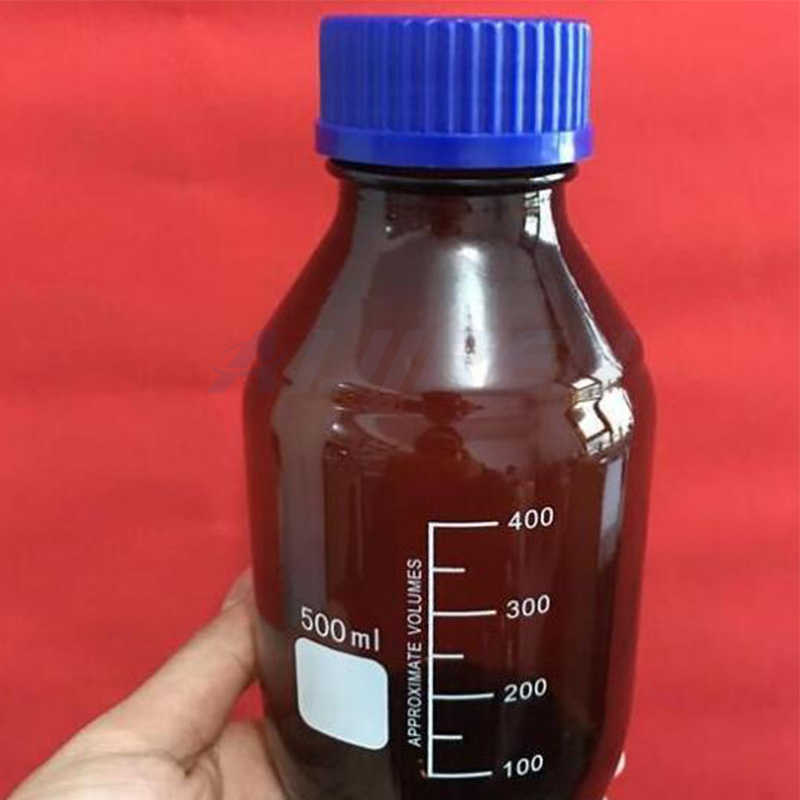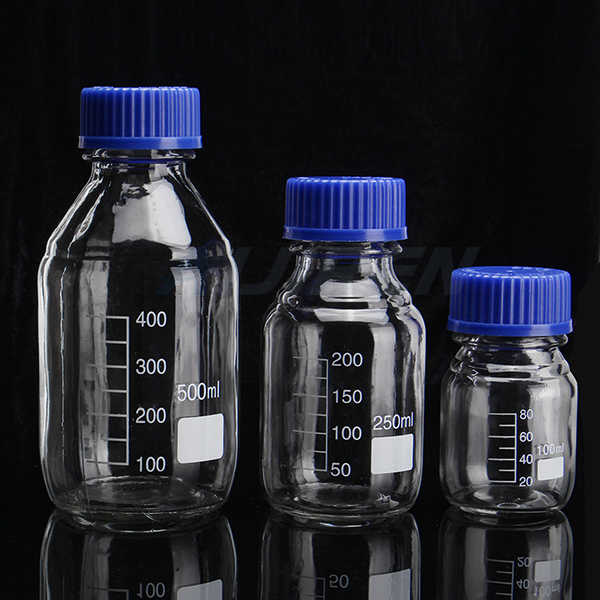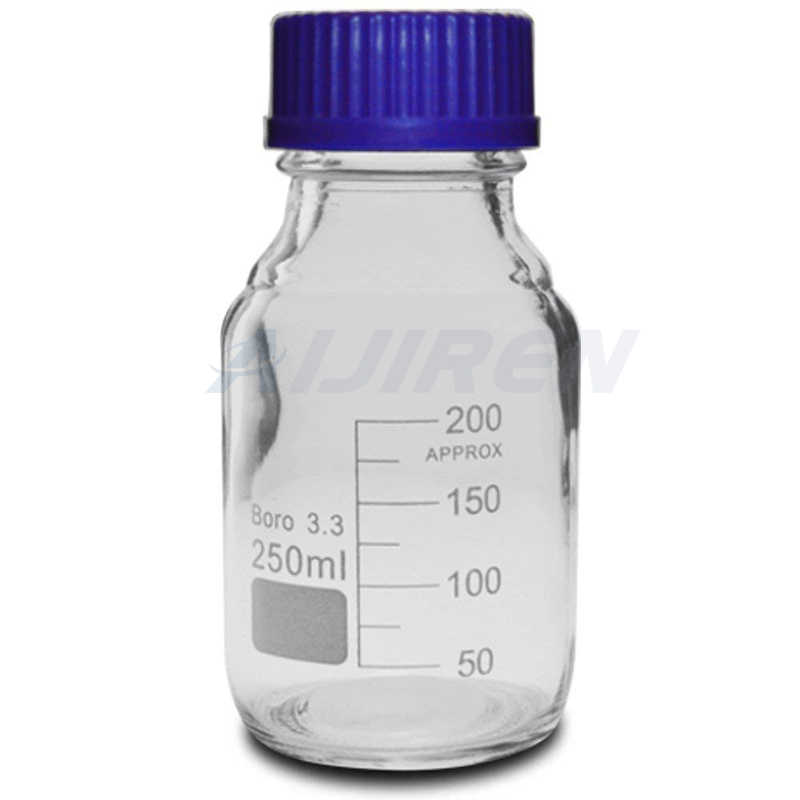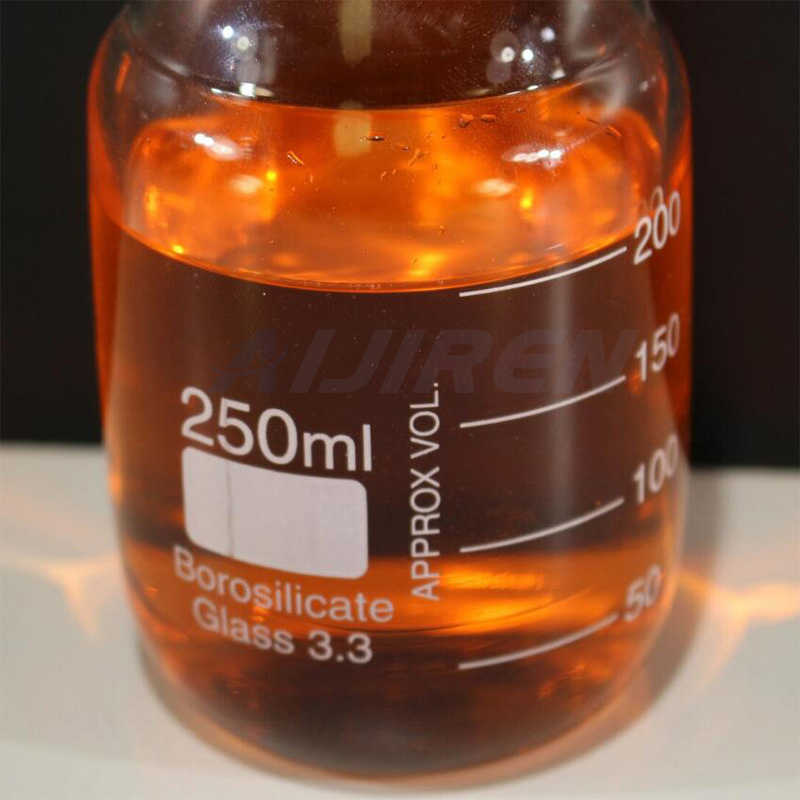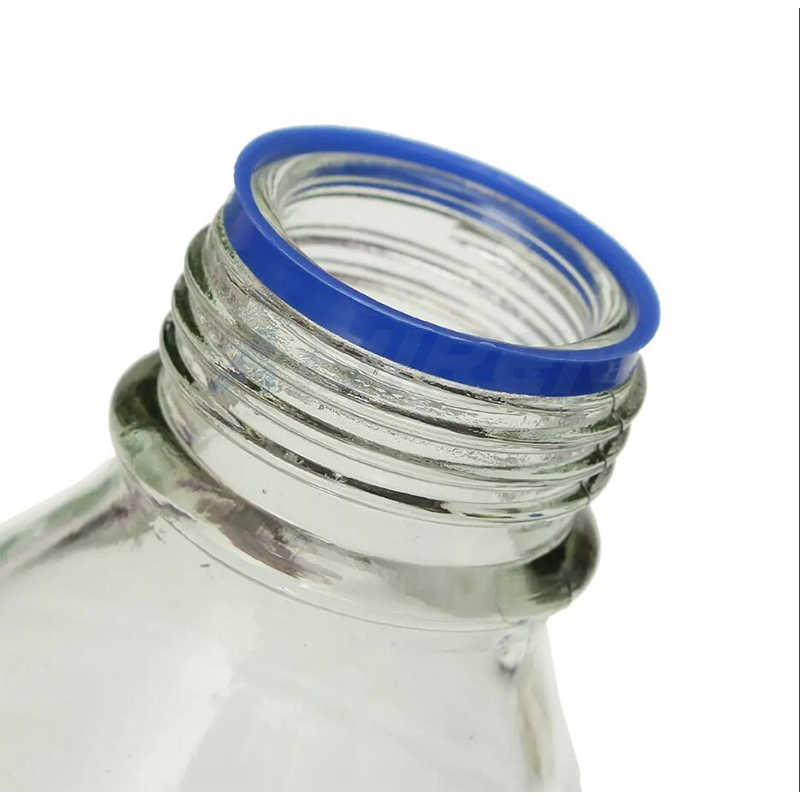Silicone Septa for Liquid Extraction Applications: Compatibility, Performance, and Benefits
-
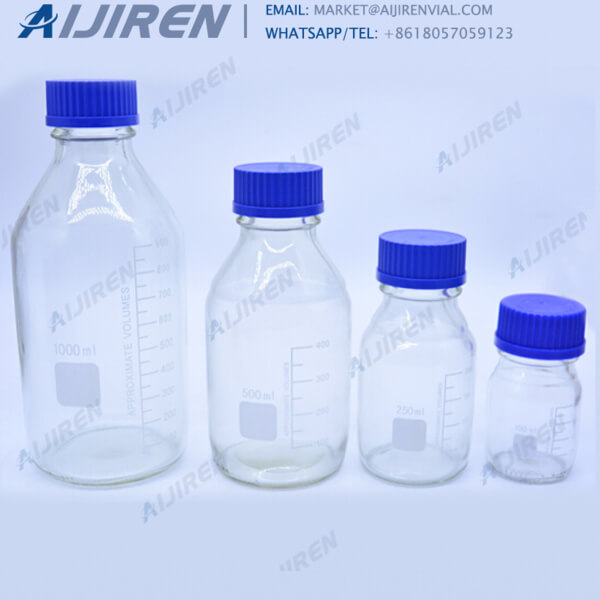
Septa Selection Tool | Thermo Fisher Scientific - US
Silicone rubber septa. High quality, silicone rubber laminated to PTFE. Use when excellent resealing qualities are a must. Septum resists coring and is recommended when multiple injections are required. Preferred septa for use in liquid chromatography applications.
Get Price -
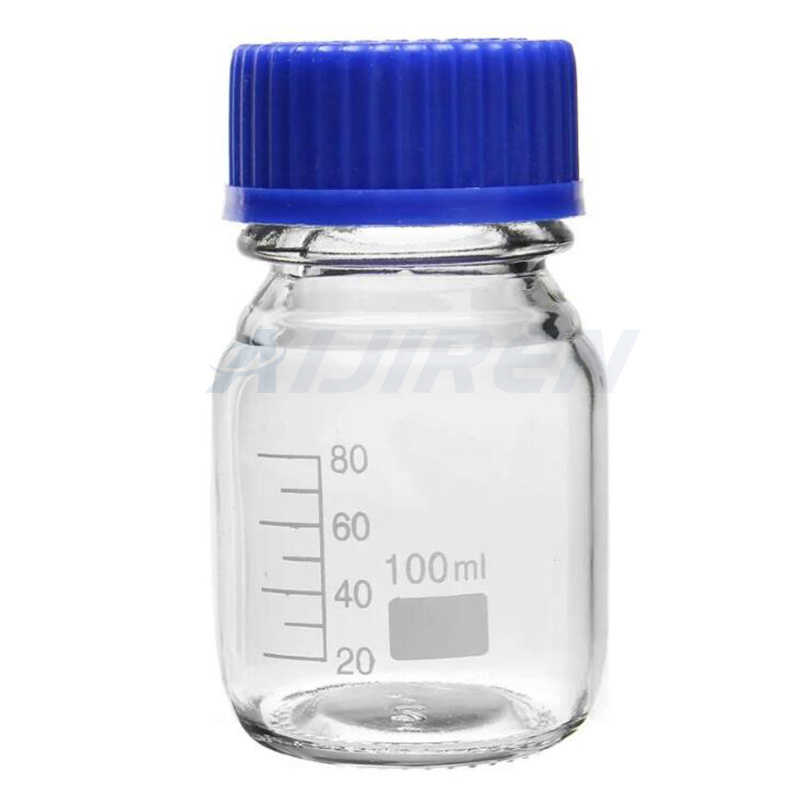
An Aijiren Septum is Not Just a Septum
Generally, silicone septa are more easily pierced than red rubber or butyl septa. For thicker, hard-to-pierce septa, a small gauge (23 gauge) needle may be required, or a stronger S-needle can be used. Preslit septa are the best option for easy penetration, reducing the likelihood of coring.
Get Price -
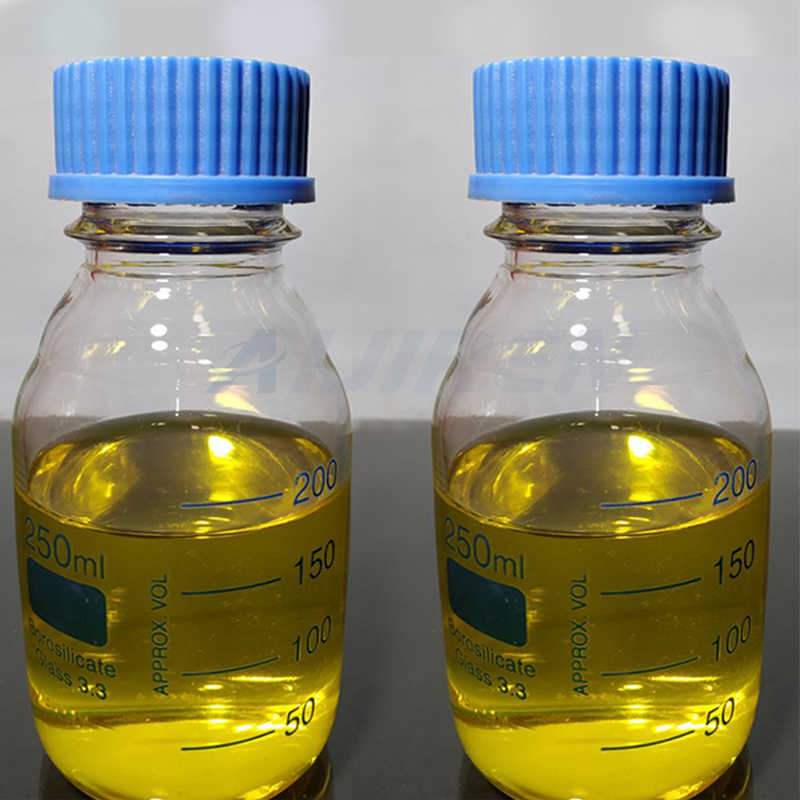
Septum Selection Guide Rev 2 - Fisher Sci
PTFE/Silicone septa are the preferred product for use in most HPLC and GC applications where resealability and high purity are critical. PTFE/Silicone septa are offered in a standard formulation as well as a soft durometer formulation recommended for applications where ease of needle penetration is important PTFE/Silicone/PTFE Septa: (T/S/T)
Get Price -
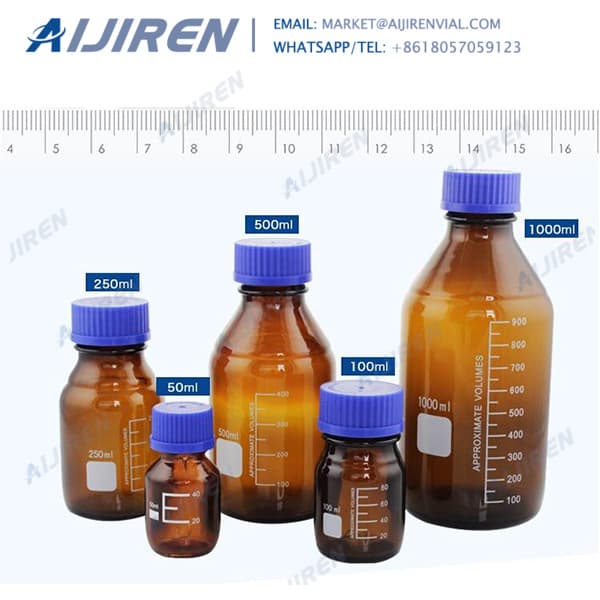
Article 56: An In-Depth Guide: 137 Frequently - LinkedIn
Jul 11, 2023 · Pre-slit PTFE/Silicone Septa offer several advantages compared to other types of septa. They provide enhanced resealing properties due to the pre-slit design, which helps minimize coring and
Get Price -
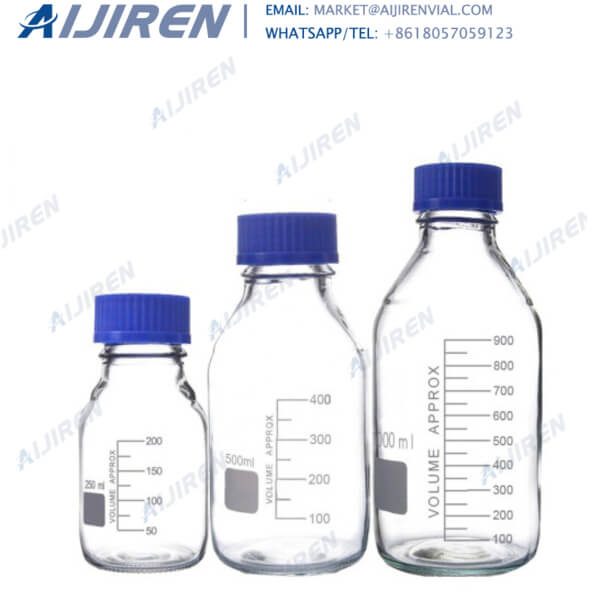
Septa Selection Guide - Thermo Fisher Scientific
the solvent. PTFE/Silicone septa are ideal for use in most HPLC and GC applications where resealability and purity are critical. Pre-slit PTFE/silicone septa Pre-slit septa are offered in many of the same formulations as for non-slit PTFE/silicone septa and shares most of the physical and chemical characteristics. The septum is provided with a
Get Price -

Selecting Plasticizers for Adhesives and Sealants - SpecialChem
As a result, replacements are generally being sought for phthalate plasticizers in most applications and not only in applications that have a high risk (i.e., children's toys, food packaging, etc.) The table below shows the primary and secondary performance functions of the main plasticizers that are used in adhesive and sealant formulations.
Get Price -
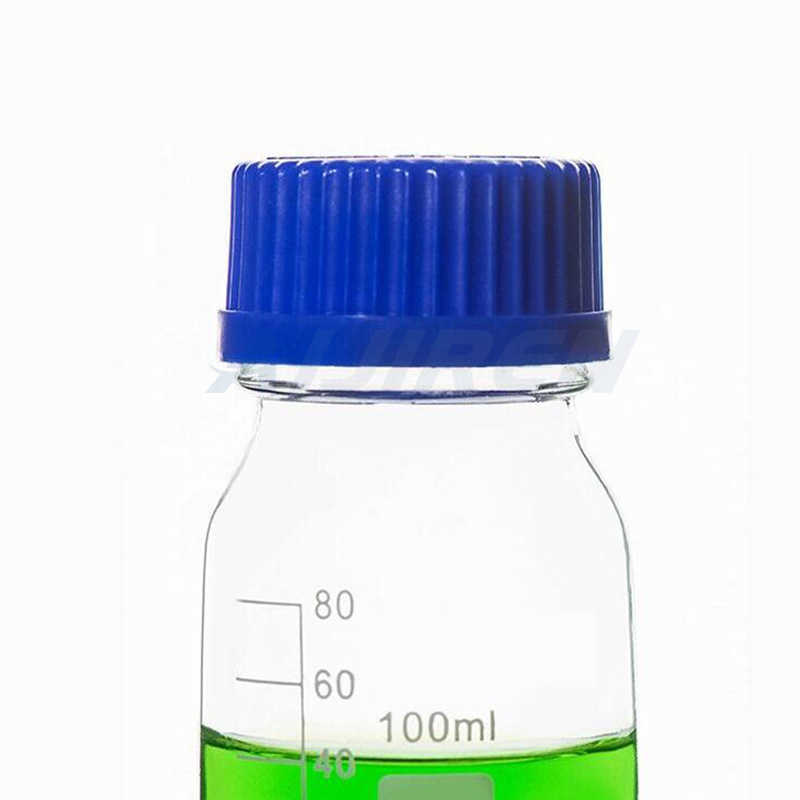
Bottle Septa | Fisher Scientific
Bottle Septa. Septa for bottles provide an airtight seal for bottles that prevents environmental contaminants but allows for the removal of the bottle’s contents by piercing with sharp needles. Septa bottle caps are generally available for open-top and screw caps and allow for aseptic syringe dispensing, as well as the addition of materials.
Get Price -
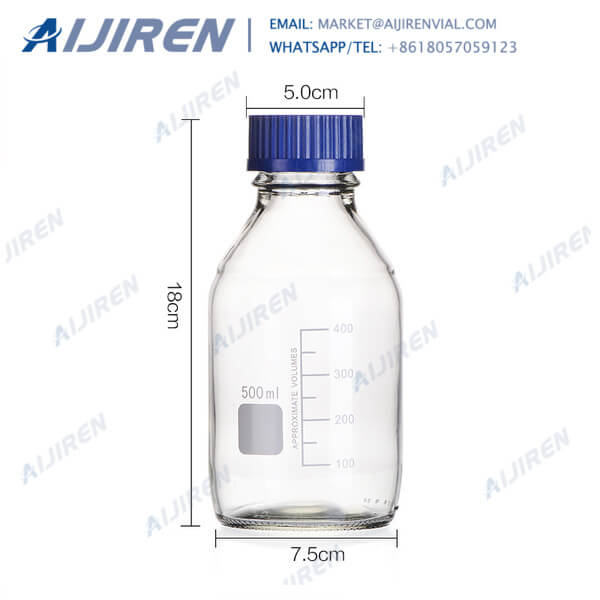
Septa, Silicone, Wheaton | VWR
Red silicone septa for use with aluminum seals.Septa are available in a variety of materials and thicknesses. PTFE Natural Rubber are moderately priced seals for GC and HPLC with good chemical properties. They are ideal for multiple injections due to high resealability, but not as easy to penetrate as PTFE/RR. PTFE/High Performance Rubber is a highly pure synthetic red rubber septum that
Get Price -

Headspace Vials & Headspace Caps - Aijiren
Aijiren headspace vials come in two basic sizes (10 mL headspace vials and 20 mL headspace vials). Both flat bottom and round bottom styles are available for use in a wide variety of headspace instrument platforms. Aijiren's headspace vial caps are engineered to prevent sample contamination while providing consistent, secure seals.
Get Price -
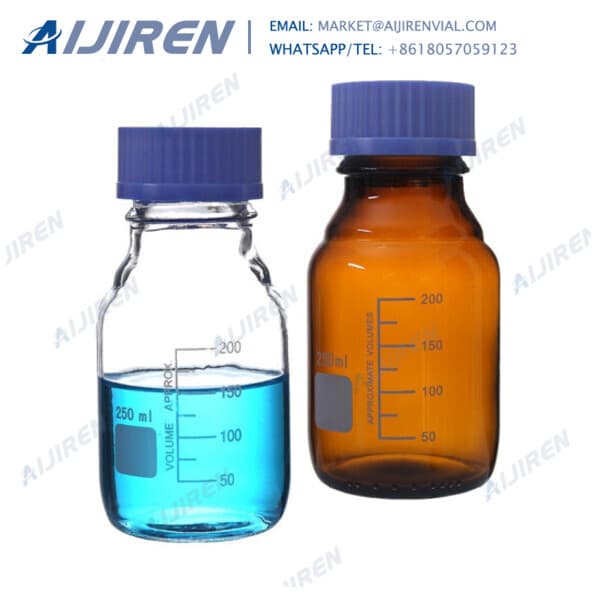
Solid–liquid extraction techniques - ScienceDirect
Jan 1, 2021 · Solid–liquid extraction (SLE) is the most widely used analytical technique for sample preparation of solids by partition of analytes between the two involved phases, the matrix and the extractant. The SLE process is regulated by three essential mechanisms: the extractant penetration in the solid matrix, the diffusivity of analytes to the
Get Price -
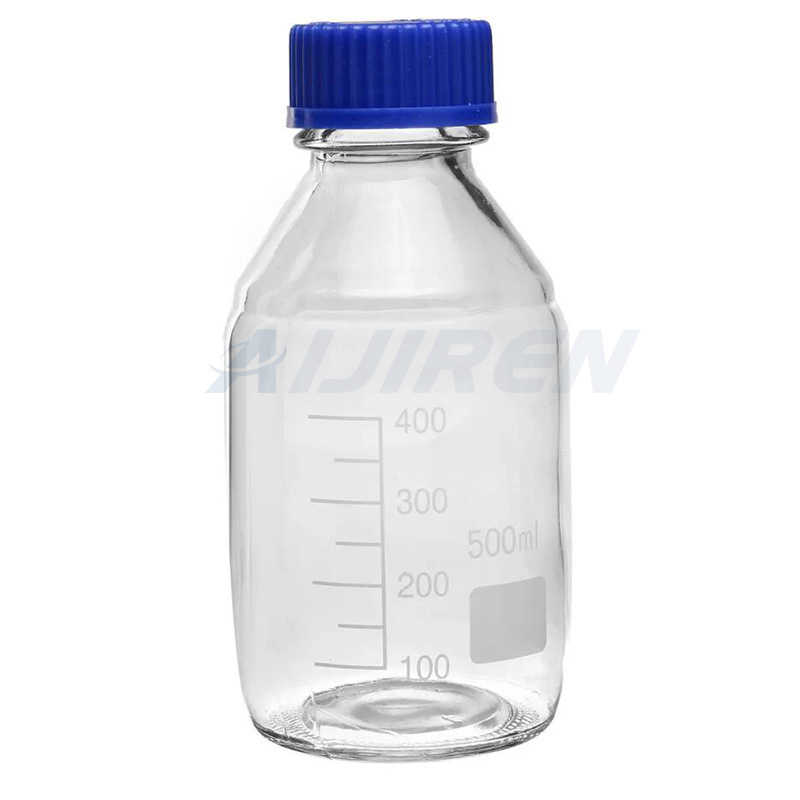
Recent Developments and Applications of Solid Phase
Jun 30, 2015 · Solid-phase microextraction (SPME) is a simple, sensitive, rapid and solvent-free technique for the extraction of analytes from gaseous, liquid and solid samples and takes a leading position among microextraction methods. Application of SPME in sample preparation has been increasing continuously over the last decade. It is most often used as an automatized fiber injection system coupled to
Get Price -
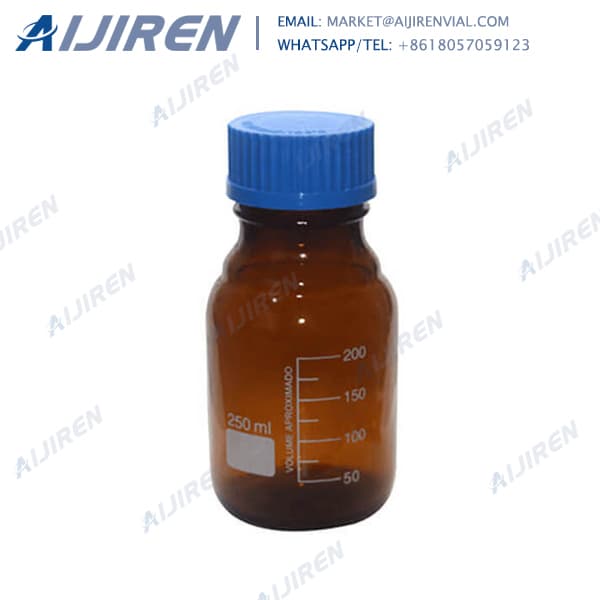
Septa Selection for Autosampler Vials - LinkedIn
Sep 8, 2022 · Preferred septa for use in liquid chromatography applications. PTFE/silicone: A very pure soft silicone laminated to PTFE. Septum resists coring and is recommended for instruments with fine gauge
Get Price -

Septum Selection Guide Vials and Closures - Fisher Sci
Formulations offering highly consistent performance, lowest background/blank value, and good chemical compatibility, effective sealing/resealing and low penetration force make PTFE/silicone septa suitable for all types of chromatographic applications.
Get Price -
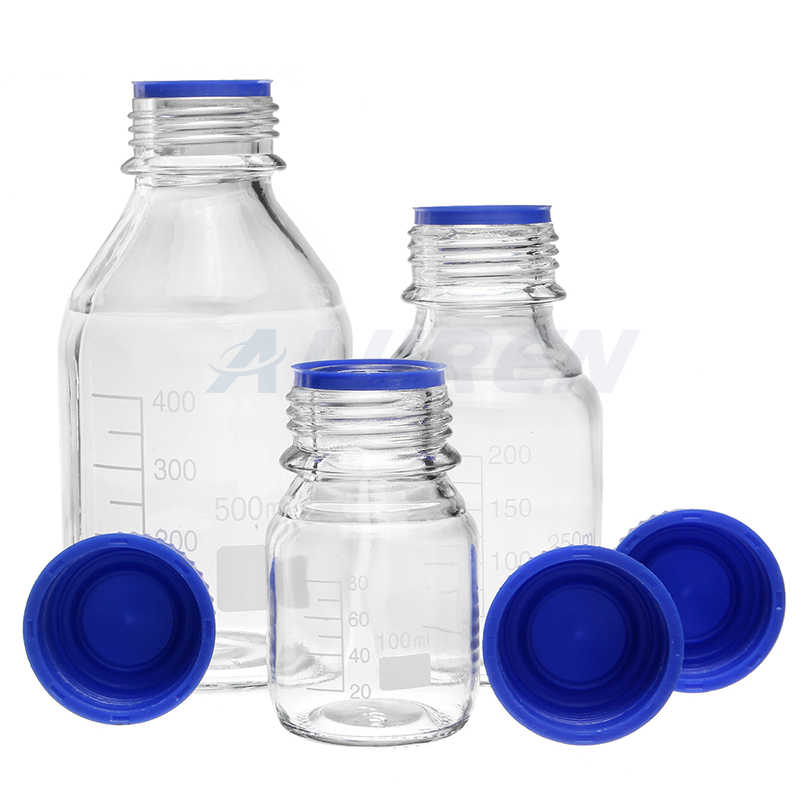
Autosampler Vials & Caps for HPLC & GC | Thermo Fisher
Get the performance you need to deliver high quality data with an uninterrupted workflow. Our Performance Level 2 vials have very low metal contents and leachables to ensure that they conform to the high standards you need to meet your regulatory requirements. The septa are conditioned to provide a very low level of chromatographic extractables.
Get Price -
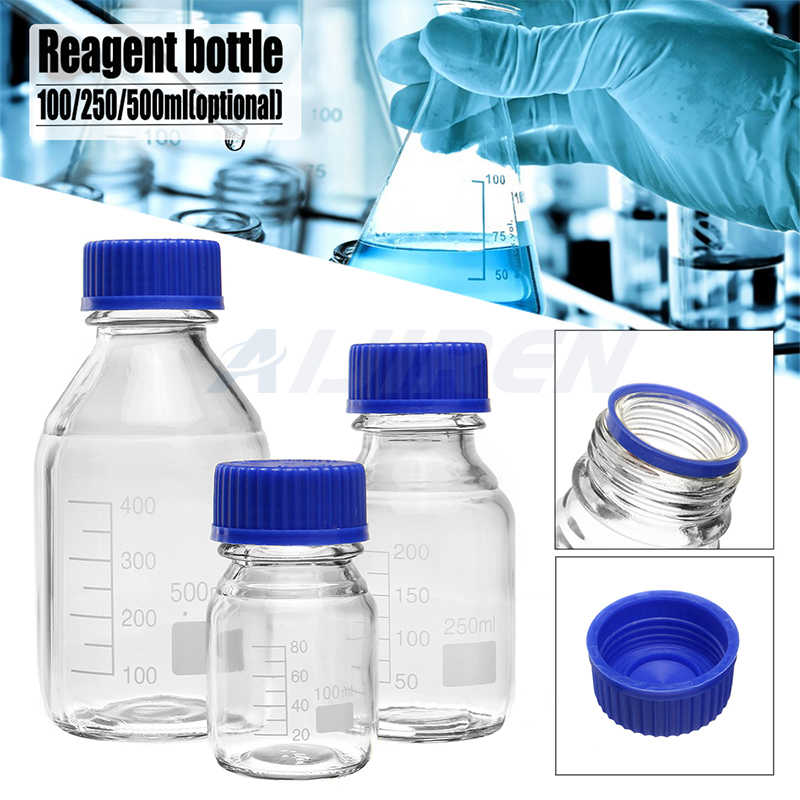
Premium PTFE and Silicone Septa: Reliable Sealing Solutions
This input helps in developing application-specific PTFE/Silicone Septa with tailored properties, such as temperature resistance, chemical compatibility, and sealing efficiency. Performance Testing: Rigorous performance testing is conducted to assess critical parameters such as pressure resistance, puncture resistance, gas permeability, and
Get Price

